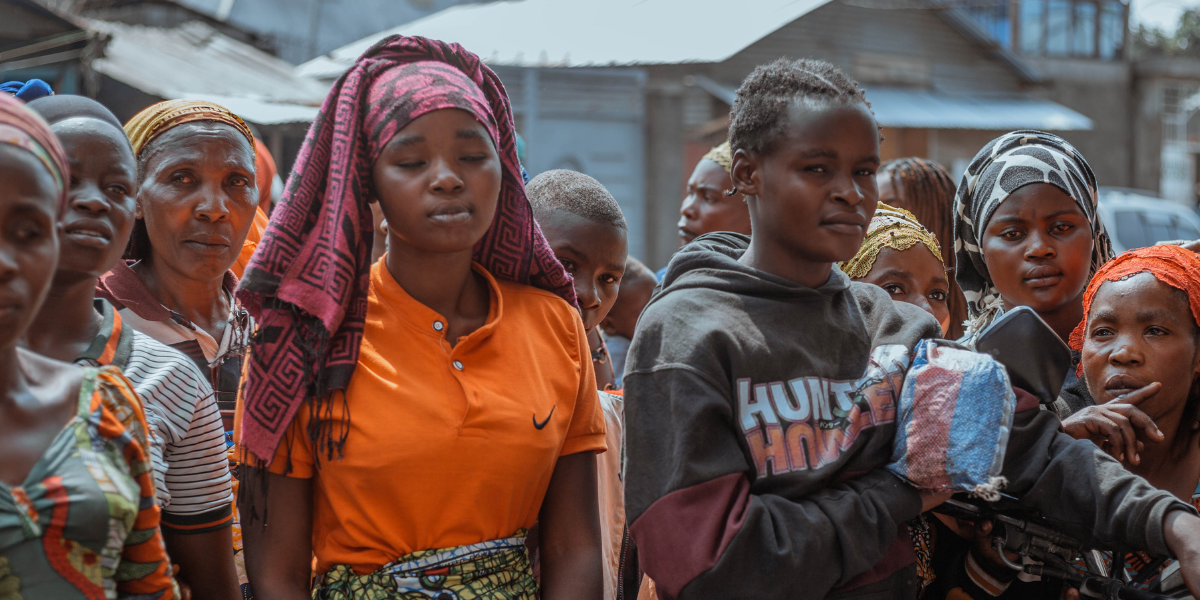In May 2024, the arrival of refugees in rural Ireland did not go unnoticed. Tent shelters appeared almost overnight, and with them came a wave of uncertainty—questions about safety, identity, and what this change might mean for the community. As protests grew louder and tensions rose, members of a small local church found themselves confronting a deeper question: if people seeking refuge showed up at their door, how would they respond?


